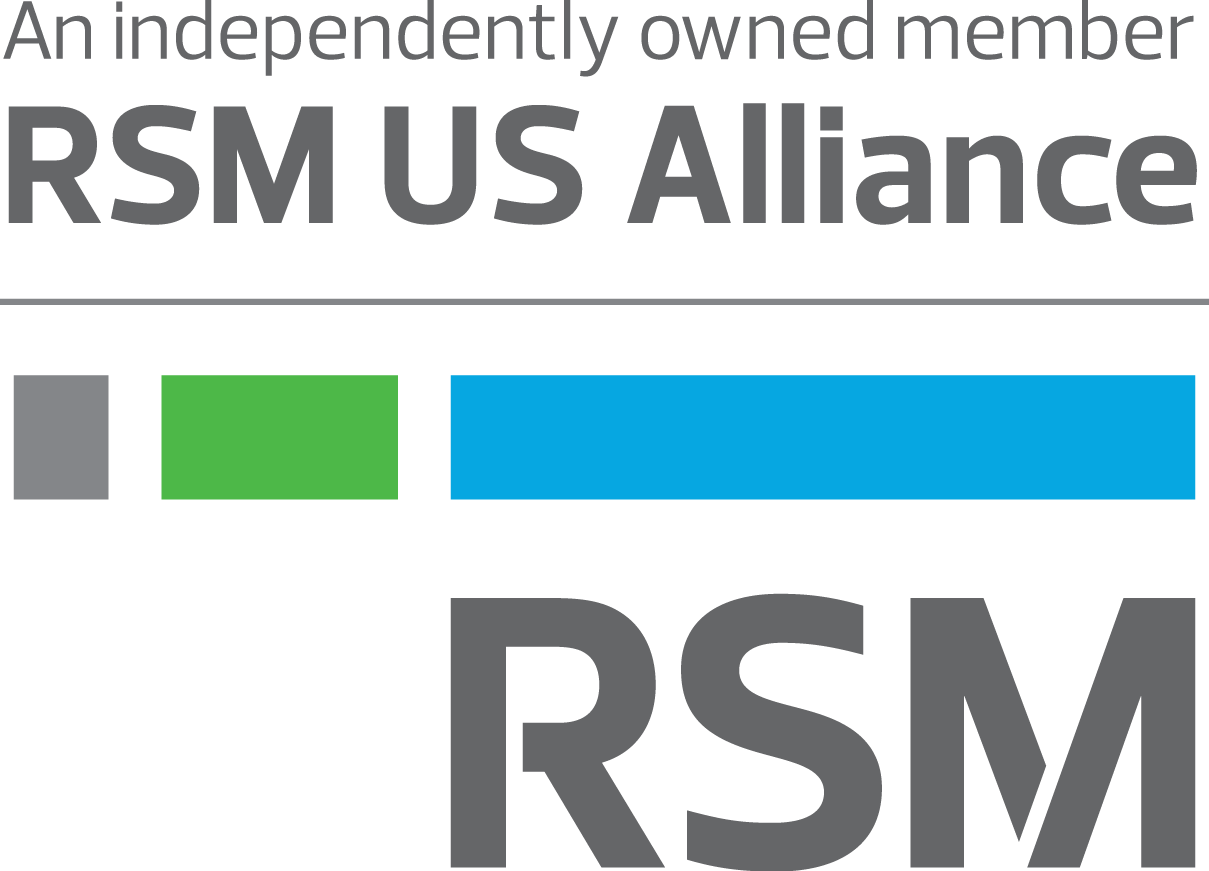Authored by RSM US LLP
Generally, individuals are cash-basis taxpayers who report compensation as ordinary income in the year of receipt. However, when employers pay employees with property, including stock, rather than cash, special rules under section 83 apply to these payments.
A key advantage of paying employees with company stock is that at least a portion of the employee’s compensation is tied to company performance, which incentivizes the employee to help increase company value. The relationship between company performance and the employee’s compensation can be more significant when the alignment spans more than one year. For example, if the company grants restricted stock to the employee but provides that the employee’s interest in the stock will only become vested if the employee is still with the company at the end of three years, the company motivates the employee to both maximize company value and continue with the company for an extended period of time.
When stock transfers are subject to such vesting conditions (i.e., restrictions), the value of the stock is generally not taxable to the employee until those conditions are satisfied. When conditions are met, the value of the stock is taxed as ordinary income. If all has gone as planned, the stock value on that future date will be higher than the value on the date the stock was originally transferred to the employee subject to the vesting conditions.
A section 83(b) election allows the employee to elect within 30 days of receiving the restricted stock to include the value of the stock in income currently at its grant date value despite the fact that the rights to the stock have not yet vested. Making the election also starts the employee’s holding period in the stock for capital gain tax purposes. Basically, the employee is treated as owning the stock for tax purposes even though he or she must still satisfy the associated vesting conditions before possessing a non-forfeitable right to the stock. For tax purposes, the election converts any appreciation in the stock from the date of grant through the future vesting date from ordinary income into capital gains. This occurs because the stock is a capital asset and the employee, by making the election, is deemed to have owned the stock from the date of grant even though the stock was forfeitable until the vesting conditions were satisfied.
How the election works
Consider this example. On July 1, 2023, ABC Company grants its CFO 100 unvested shares of ABC Company stock with a current value of $100 per share and stipulates that if the CFO continues his employment until July 1, 2028, the shares will vest and become non-forfeitable. If, however, the CFO’s employment is terminated prior to July 1, 2028, the stock must be forfeited back to ABC Company. Under the general tax rules, if the CFO continues employment until July 1, 2028, the value of the stock on July 1, 2028, will be taxable to the CFO in 2028 as ordinary income. However, if the CFO makes a section 83(b) election, the $10,000 value of the stock on July 1, 2023, will be taxable to them in 2023 as compensation subject to ordinary income tax rates. If the stock appreciates to $150 per share on July 1, 2028 (for a total value of $15,000), the election will result in the CFO accelerating the recognition of the $10,000 of ordinary income by five years but converting the tax treatment of the $5,000 of appreciation in the stock from 2023 to 2028 from ordinary income tax to capital gain, which will not be taxable until the CFO disposes of the stock.
The risk to the CFO of making a section 83(b) election and reporting the income during 2023 is that if their employment is terminated before July 1, 2028, and they must forfeit the stock back to ABC, they are not entitled to a tax deduction for the $10,000 of income reported in the earlier year. If the CFO had to pay an amount to acquire the stock, they may have unrecovered basis in the stock that results in a capital loss, but the ordinary income reported on account of the section 83(b) election is not allowed to be treated as basis.
If the CFO in the example believed they would likely not remain employed by ABC Company for the next five years, a section 83(b) election would not make sense because the CFO would be paying tax on income that they would likely not ever receive.
Factors to assess
An individual must try to predict the future when deciding whether or not to make a section 83(b) election. If the prediction is correct, the appreciation from the grant date to the vesting date will be converted from ordinary income to capital gain, but if the prediction is wrong, the individual will end up paying tax on income that he or she would not otherwise have been required to report.
A number of factors should be assessed when a section 83(b) election is available. The expected amount of appreciation in the stock is one consideration, because the more appreciation that is expected, the greater the amount of tax savings that can be realized from converting ordinary income to capital gains. The likelihood of the vesting conditions being met is another consideration. If the CFO in the example believed he likely would not remain employed by ABC Company for the next five years, a section 83(b) election would not make sense because he would be paying tax on income that he likely would not ever receive. The possibility of tax legislation that might change the differential in tax rates between ordinary income and capital gain is yet another factor to consider. The current rate differential makes the election attractive, but if the rate differential were smaller, the risk associated with making the election may not be worth the potential tax savings. In addition, since the restricted property is not liquid and will not provide a source of immediate cash, the employee must also evaluate whether funds are available to pay the income tax in the year of grant.
If an employee decides to make a section 83(b) election, the individual must file a statement with the IRS within 30 days from the grant date of the property for the election to be valid. The employee must also notify the employer of the election so the employer can properly report the compensation in that period and withhold the necessary income and payroll taxes. From the employer’s perspective, reporting the value of the stock as current compensation allows the employer to take a corresponding tax deduction. Because the 30-day time requirement for making the election is strictly enforced by the IRS, the employer must ensure the employee is aware of the availability of the election upon the grant date. Since the election cannot be revoked without the consent of the IRS Commissioner, a thorough analysis should be completed by the employee before filing the election.
This article was written by Anne Bushman, Rachel Simon and originally appeared on Mar 26, 2023.
2022 RSM US LLP. All rights reserved.
https://rsmus.com/insights/services/business-tax/section-83b-consideration-employees-receiving-stock-compensation.html
The information contained herein is general in nature and based on authorities that are subject to change. RSM US LLP guarantees neither the accuracy nor completeness of any information and is not responsible for any errors or omissions, or for results obtained by others as a result of reliance upon such information. RSM US LLP assumes no obligation to inform the reader of any changes in tax laws or other factors that could affect information contained herein. This publication does not, and is not intended to, provide legal, tax or accounting advice, and readers should consult their tax advisors concerning the application of tax laws to their particular situations. This analysis is not tax advice and is not intended or written to be used, and cannot be used, for purposes of avoiding tax penalties that may be imposed on any taxpayer.
RSM US Alliance provides its members with access to resources of RSM US LLP. RSM US Alliance member firms are separate and independent businesses and legal entities that are responsible for their own acts and omissions, and each are separate and independent from RSM US LLP. RSM US LLP is the U.S. member firm of RSM International, a global network of independent audit, tax, and consulting firms. Members of RSM US Alliance have access to RSM International resources through RSM US LLP but are not member firms of RSM International. Visit rsmus.com/aboutus for more information regarding RSM US LLP and RSM International. The RSM(tm) brandmark is used under license by RSM US LLP. RSM US Alliance products and services are proprietary to RSM US LLP.

Lauterbach, Borschow & Co. is a proud member of RSM US Alliance, a premier affiliation of independent accounting and consulting firms in the United States. RSM US Alliance provides our firm with access to resources of RSM US LLP, the leading provider of audit, tax and consulting services focused on the middle market. RSM US LLP is a licensed CPA firm and the U.S. member of RSM International, a global network of independent audit, tax and consulting firms with more than 43,000 people in over 120 countries.
Our membership in RSM US Alliance has elevated our capabilities in the marketplace, helping to differentiate our firm from the competition while allowing us to maintain our independence and entrepreneurial culture. We have access to a valuable peer network of like-sized firms as well as a broad range of tools, expertise, and technical resources.
For more information on how the Lauterbach, Borschow & Co. can assist you, please call us at (915) 544-6950.


